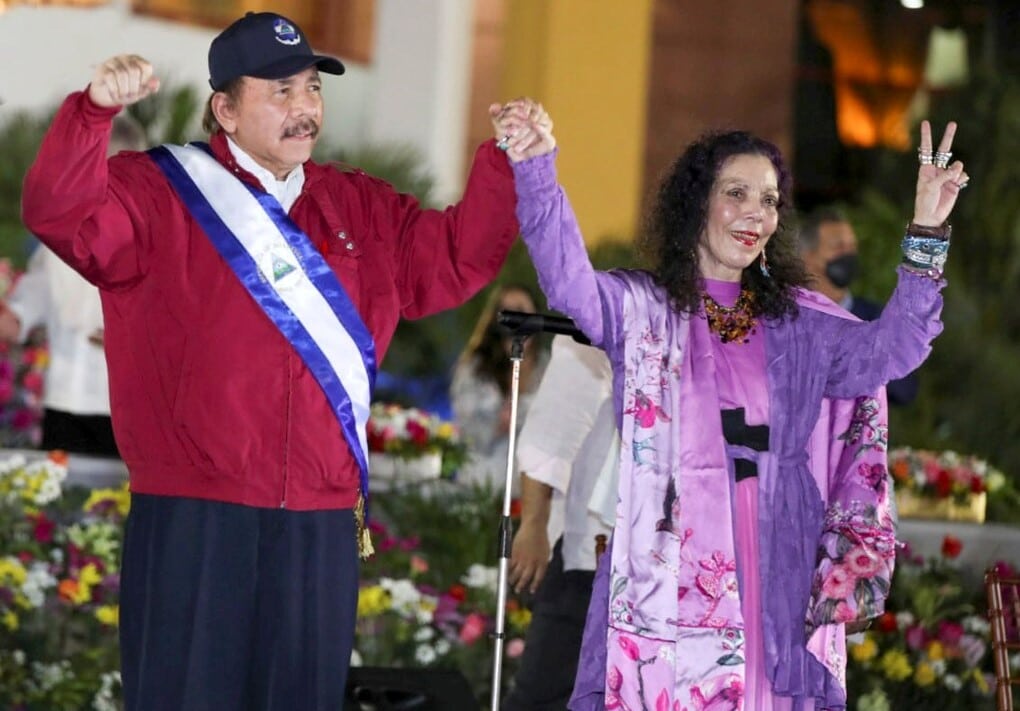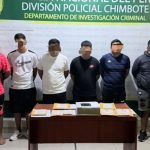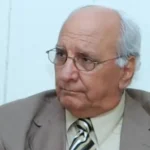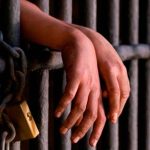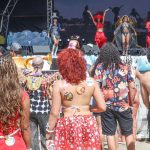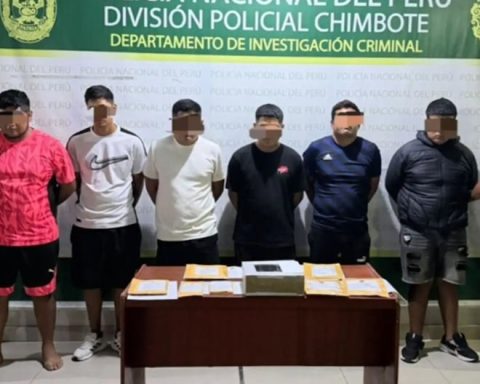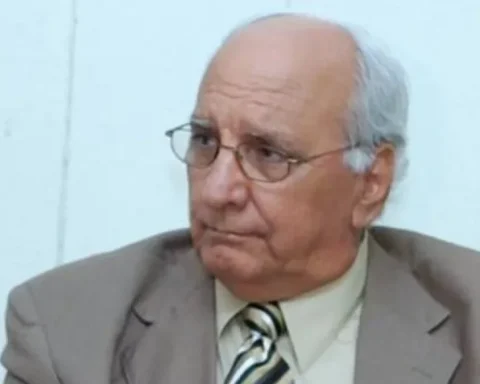National and international analysts expressed their doubts about the proposal Daniel Ortega, who assumed his fourth consecutive term immersed in a crisis of legitimacy and international isolation.
Laura Chinchilla, former president of Costa Rica, acknowledged that she is “deeply skeptical about a conciliatory and constructive attitude” of the Ortega and Rosario Murillo regime.
For the ex-president, the Sandinista caudillo, in his speech, showed no signs of “regret” for the government repression against the civic protests of April 2018, which – according to the Inter-American Commission on Human Rights (IACHR) – left at least 355 people were killed, more than 2,000 wounded, and some 100,000 Nicaraguans in exile.
Chichilla participated in a panel on Nicaragua together with the Canadian ambassador to the Organization of American States (OAS), Hugh Adsett; the Chief of Staff of the Secretary General of the OAS, Gonzalo Koncke; the human rights defender and family member of three political prisoners, Ana Lucía Álvarez; the member of the Blue and White National Unit, Jesús Téfel; and the director of CONFIDENTIAL Carlos Fernando Chamorro. The activity was organized by the Inter-American Dialogue and was moderated by Manuel Orozco, director of the Migration, Remittances and Development Program of that organization.
Regarding Ortega’s words, the Canadian ambassador stressed that “we cannot forget the events of April 2018: the violent response to popular demonstrations, which ended with the death of more than 300 people, including children ”.
“Slate and new account”, for entrepreneurs
Carlos Fernando Chamorro indicated that Ortega’s message confirms that he intends to continue governing with the police state and political prisoners and that his promise of a “clean sweep”, “was directed at the private sector, for economic reasons, although it has a political resonance for the victims of the repression that reject impunity ”.
In his speech, Ortega said that Nicaragua “is a country that is advancing in its economic growth, that it is necessary to continue fighting, logically, and our goal is to continue the good progress that we had until April 2018. Slate and new account” .
The director of CONFIDENCIAL wondered “how will this ‘clean slate’ proposal translate into practical terms?” And immediately explained: “It is something that we could see in the coming months. Probably not in a national dialogue with prominent business leaders, but in a series of bilateral technical and economic meetings with different sectors of the business community ”.
Among those sectors would be, according to Chamorro, “banking and finance, textile free zone, agro-industry, construction, coffee and livestock, gold export, tobacco export.” With them, the regime “would try to reestablish a functional working relationship, based strictly on economic aspects, without any negotiation of the political crisis.”
After Ortega’s speech, Vice President Murillo told the official media that “in the alliance model we all participate, they (the businessmen) won, gave some work and contributed something to the growth that we had, but that is where the debacle came, selfishness, greed and the attempt to return to a disastrous past ”.
National and international pressure
Chamorro commented that “Ortega is not going to give in, unless he faces extraordinary pressure, much more effective, that causes an internal rupture of the regime, forcing his exit from power.”
“I believe that the negotiation of a democratic transition will not occur while Ortega and Murillo are in power. His departure requires a gradual process of restoration of internal democratic freedoms, with the participation of the civil resistance, the Church and the private sector, in which the release of political prisoners will be a turning point, “the journalist explained.
In this sense, Chinchilla demanded “to intensify international sanctions and open investigations for money laundering and human rights violations” against members of the presidential family, allies and officials of the regime.
It was also urgent to directly sanction Daniel Ortega, as well as to direct the sanctions to “key sectors” of the regime, such as the Nicaraguan Army. In this case, he specifically suggested punishing the Military Institute for Social Welfare (IPSM), the public investment fund of the Nicaraguan Army.
Hours before Ortega took office, the European Union (EU) and the United States announced, separately, a series of sanctions against high officials and institutions of the regime. The EU sanctioned seven officials and three institutions: the National Police, the Supreme Electoral Council (CSE) and the Nicaraguan Institute of Telecommunications and Postal Services (Telcor). For its part, the United States did the same against three charges of the Nicaraguan military apparatus —all IPSM executives—; two directives from Telcor, and another from Empresa Nicaragüense de Minas (Eniminas).
For his part, Álvarez asked the international community to support Nicaraguan civil society to “record and document human rights violations,” since since 2018, he has identified “individual responsibilities behind the repression.”
“This identification (of individual responsibilities) will help undermine the foundations that sustain the regime,” he added.
Manuel Orozco, from Diálogo Internacional, indicated that the international community should “put pressure” and review trade relations with Nicaragua, which would be a way to connect the private sector, “which has been silent about what is happening in the country.”
Chinchilla suggested that certain groups, linked to the regime, could be suspended from the Free Trade Agreement between the United States, the Dominican Republic and Central America (DR-Cafta).
Last November, the Renacer Law came into force, allowing the United States Government to review Nicaragua’s participation in that trade agreement, in force since April 2006.
Exiting the trade agreement would cost Nicaragua about $ 1.5 billion in exports, only from the textile sector. Entrepreneurs and economists consulted by CONFIDENCIAL assure that it will also affect employment, tax collection and contributions to the Nicaraguan Social Security Institute (INSS).
Role of the OAS
Téfel commented that this international pressure must be “coordinated” with actions in the domestic sphere, and recommended that the international community “update” its schemes, since dictatorships like those of Ortega are no longer “vulnerable” to those diplomatic methods.
He recalled that, in 1979, the OAS approved a resolution that accelerated the fall of the dictatorship of Anastasio Somoza Debayle. Since 2018, the OAS has approved twelve resolutions against the Ortega regime, four from the General Assembly of Foreign Ministers and eight from the Permanent Council.
Carlos Fernando Chamorro took advantage of Koncke’s presence to ask him about “what can we expect” from the OAS and the Secretary General, Luis Almagro, who asked the Permanent Council for an extension to rule on non-compliance with its resolutions.
“What will the OAS do when Ortega simply blocks any possibility of diplomatic negotiation? Do youWhat kind of pressure is the OAS capable of exerting??, he consulted.
However, Koncke avoided questions and focused on recounting the agency’s efforts in 2017, when they signed a memorandum of understanding on electoral matters —which the Ortega members did not comply with—; the request in 2018 for the IACHR and the GIEI to enter the country; and in 2019, when Together with the Catholic Church, they interceded for the partial release of political prisoners in the second national dialogue, whose agreements to suspend the police state Ortega did not comply with, and rather toughened it until the political opposition was beheaded.
In mid-December, Almagro asked the OAS Permanent Council to extend until mid-January 2022, the delivery of a report on the efforts made with the Government of Nicaragua, in order to arrange a meeting.
